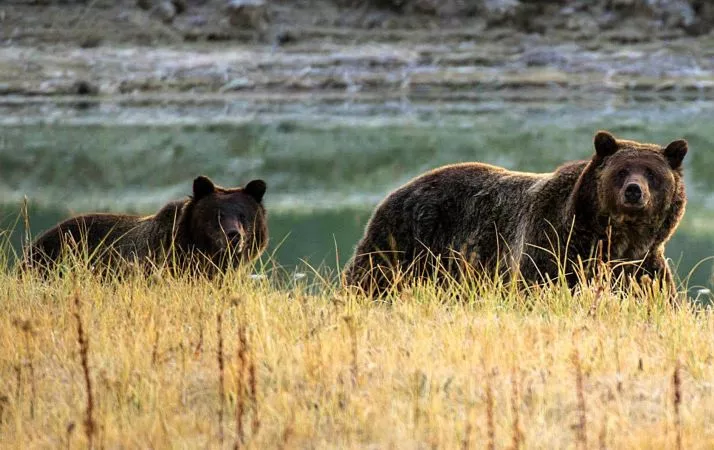Federal budget reductions and a turbulent economic outlook are raising concerns among business owners in gateway communities surrounding Yellowstone National Park, as the 2025 summer tourism season approaches. These towns, which depend heavily on both federal employment and seasonal tourism, are already feeling the strain.
Business owners and local leaders have sounded the alarm, warning that federal workforce reductions—particularly in the National Park Service—could have cascading effects on their economies. The potential departure of park-employed residents, many of whom have family and financial ties in surrounding towns, poses a significant risk to local stability.
“It’s like living in a company town,” said one local, summarizing the dependency of community economies on park operations. While no mass departures have yet been reported in Yellowstone’s gateway towns, the concern stems from similar situations unfolding in other regions, prompting fears of a domino effect.
Among those feeling the impact is Richard Parks, owner of Parks Fly Shop in Gardiner, Montana. The family-run business has seen a volatile start to the year. Although guiding reservations have improved recently, uncertainty remains. Parks’ wife, who operates a bed and breakfast, is facing a significant drop in bookings—particularly from international visitors. Supply chain disruptions have compounded the problem, leaving his store short on essential imported fly-fishing gear.
“We’re looking at a tight season,” Parks remarked, pointing to reduced stock and softer demand.
In response to these challenges, more than 350 businesses have united under the Yellowstone Gateway Business Coalition. With support from county commissioners and the Gardiner Chamber of Commerce, the coalition has appealed to Montana’s congressional delegation for support. Their efforts included sending formal letters, conducting meetings in Washington, D.C., and advocating for solutions to mitigate the fallout from federal cuts.
Michelle Uberuaga, a coalition member, said the delegation was receptive during their visit to the capital. “They understood the stakes,” she noted, though she emphasized that the loss of federal jobs remains a pressing concern.
“Montanans understand that when you live in a rural community, you really depend upon each other,” Uberuaga said. “And when there are layoffs, it impacts everyone.”
As the peak season nears, many businesses are adjusting their expectations. While tourism is still anticipated, spending habits may shift. Local proprietors predict visitors will be more cautious with discretionary spending—skipping high-end dining or opting for budget-friendly options.
Williams’ full report aired on PBS Impact on Montana PBS on May 8, 2025. The situation continues to evolve as communities brace for a potentially subdued summer.


